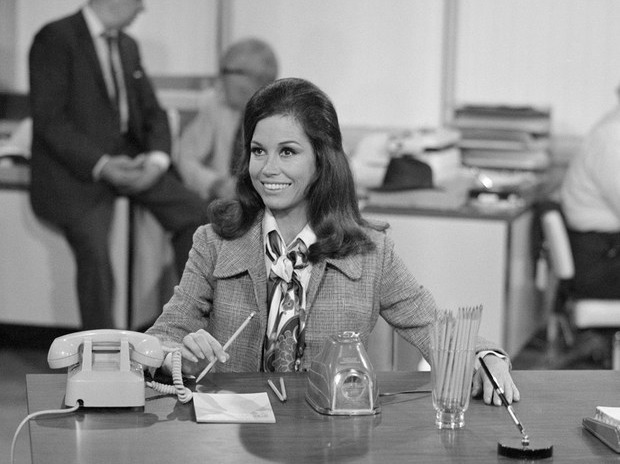
Finding a sense of comfort in our work environment can help us feel healthier and happier.
A workplace that suits our temperament and is energetically nourishing can inspire us and put us in a creative zone that boosts our energy and passion.
On the other hand, a work environment that is full of negative energy and consistently difficult people can feel like it’s sucking the life out of us. Unhealthy work environments can trigger emotional and physical symptoms in response to stress, lack of downtime, and emotional overload—this is especially true for empaths or highly sensitive people.
Since we’re typically at work for a large part of our day, it’s crucial to feel at ease there, at least most of the time. Three major factors can play a role in our comfort level: the sense of meaning we get from our work, the physical space we work in, and the energy of the people around us.
It’s important to figure out where we stand with these factors and then envision how we can improve our situation.
Every building, office, and stairwell has a subtle energy of its own. The same with our co-workers. Certain spaces and people uplift us, while others don’t. Here are three ways to shift the energy of our workplace when it just feels “off.”
1. Purify your work space.
You can purify the air in your office by spraying rose water in the room. Burning sage, though a good idea, might set off smoke alarms and disturb coworkers who are uncomfortable or unfamiliar with energetic cleansing rituals.
You can start each work day with an individual or group meditation to infuse your space with heart energy and remove any stagnant energy. In addition, you can enlist the help of Feng Shui to create a more physically harmonious environment through the placement of furniture, plants, mirrors, and objects.
2. Set healthy boundaries.
If you are in an open space or chaotic office, surround the outer edge of your desk with plants or family and pet photos. Sacred objects, such as a Quan Yin (goddess of compassion) or Buddha statues, sacred beads, crystals, or protective stones can set an energetic boundary. Take bathroom breaks or walk outside in fresh air when needed.
Noise cancelling headphones are useful to muffle conversations and distracting noises. In addition, if you’re having a particularly difficult day at work, try visualizing your entire work station surrounded by a golden light, and know that you are safe and protected within that light.
3. Learn to cope with difficult people.
The energy of people in a workplace can strongly affect how we feel in that setting. Your boss and colleagues are capable of impacting your comfort level at work, if you let them.
Highly sensitive people typically have a lower threshold for noise, conflict, office politics, feuds, and back-biting. The drama at work, which might simply disturb someone else, can drain empaths and make them anxious. And while we can’t always avoid working with narcissists, rageaholics, victims, passive aggressive people, chronic talkers, and drama queens/kings, we can find ways to not allow their energy to ruin or day.
I have one patient who advises, “I survive by just doing my job and walking away from anyone who wants a pity party, drama, or is a backstabber or complainer.” Setting strict boundaries and starting a meditation practice can be helpful when learning to cope with people who drain your energy.
Though we can’t control every aspect of our work environment, we do have the power to shift the energy in our immediate vicinity. If we focus on creating a space that allows us to thrive at work, rather than being pulled down by chaos and confusion, we can make each work day a little more pleasant and a little less emotionally draining.
~
Adapted from The Empath’s Survival Guide by Judith Orloff, MD
~
~
Author: Judith Orloff, MD
Image: IMDB
Editor: Nicole Cameron
Copy Editor: Yoli Ramazzina
Social Editor: Waylon Lewis

 Share on bsky
Share on bsky






Read 0 comments and reply